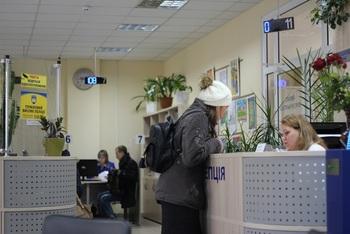Context
A number of basic laws for decentralising public administration were adopted after the new government took office at the beginning of 2014. The aim is to increase the quality of public services. The laws relate to the activities of municipal offices, inter-municipal cooperation, the improvement of the budget situation and the tax system, and the voluntary amalgamation of communities. Despite the progress already made, there is still a large gap between the new laws and their implementation at local level. A lack of measures and procedures for innovative and practice-oriented provision of public services is delaying decentralisation reform at local level. This also affects the increase in effectiveness and cost savings at administrative level.
Objective
Local governments and state institutions apply innovative instruments and procedures for the more efficient and sustainable provision of public services.

